There are two versions of ASPAA:
- A free version for Autistic adults (register below)
- A clinician version for clinicians, therapists, psychologists, and mental health professionals to support Autistic clients to become more self-compassionate, which can be purchased from the Aspect online shop (A$49).
Self-compassion in Autistic adults
The central idea of self-compassion is learning to become your own best friend. It involves being warm and understanding toward ourselves when we are suffering, fail at something or feel inadequate, rather than ignoring our pain or being too self-critical.
Research tells us that self-compassion is not just a concept but a skill that can be learnt. Using evidence-based self-compassion practices such as the Mindful Self-Compassion program (Neff & Germer, 2018) and Compassion-Focused Therapy (Gilbert, 2010), we have co-produced ASPAA and conducted a pilot study of our program with the support of 39 Autistic adults. Two research papers have been published about this study in the journal, Autism:
Get ready for your self-compassion journey
The regular version of the ASPAA module is free to all participants. Follow the guidelines below to access the modules for free.
Our journey together begins with an Introductory module that offers insights into what to expect throughout the program and advice on navigation.
After completing the introductory module, you can move on to the rest of the five modules, which have been thoughtfully designed to be completed in sequential order. The five modules are:

Module 1
Understanding self-compassion
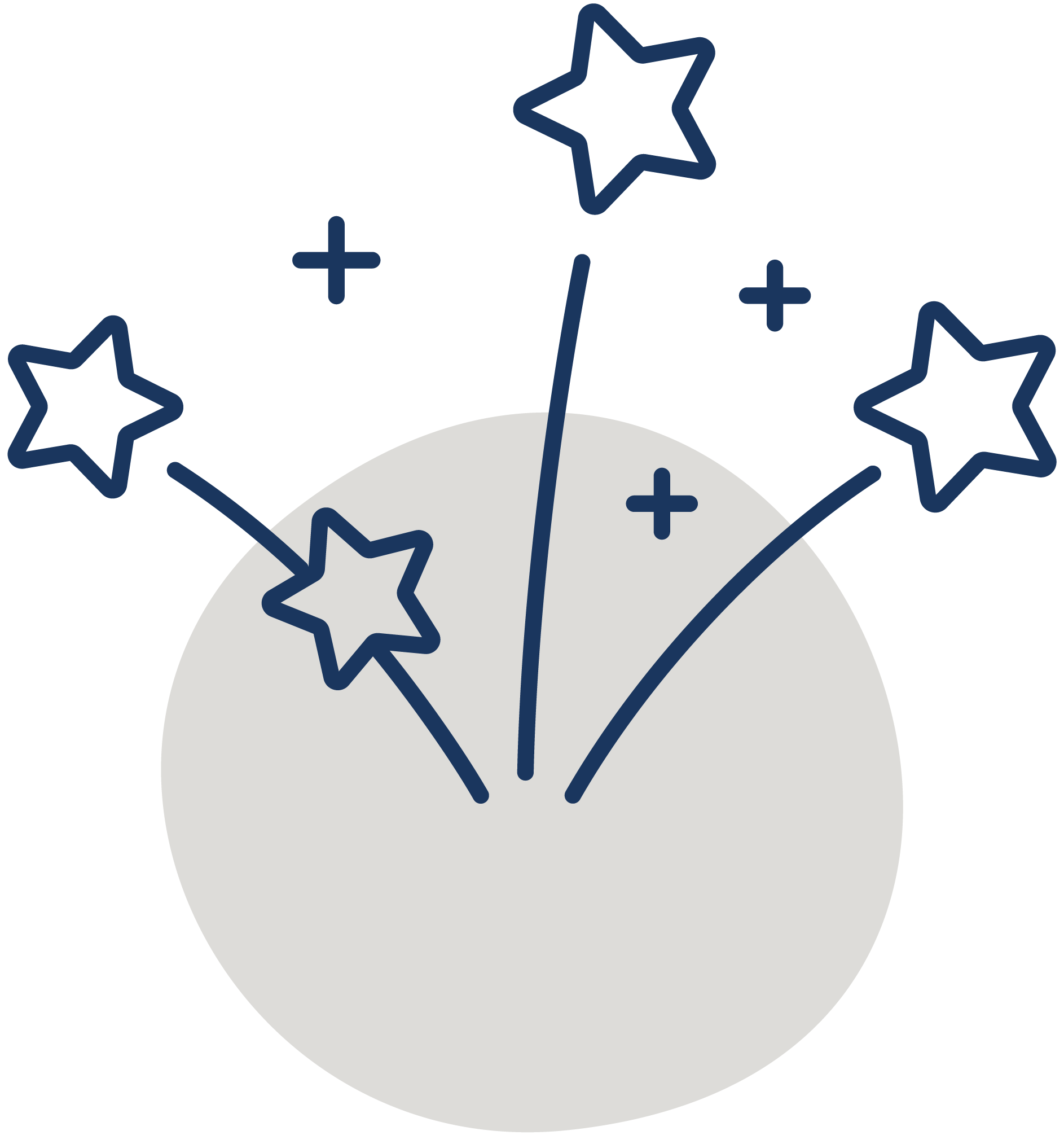
Module 2
Benefits of self-compassion
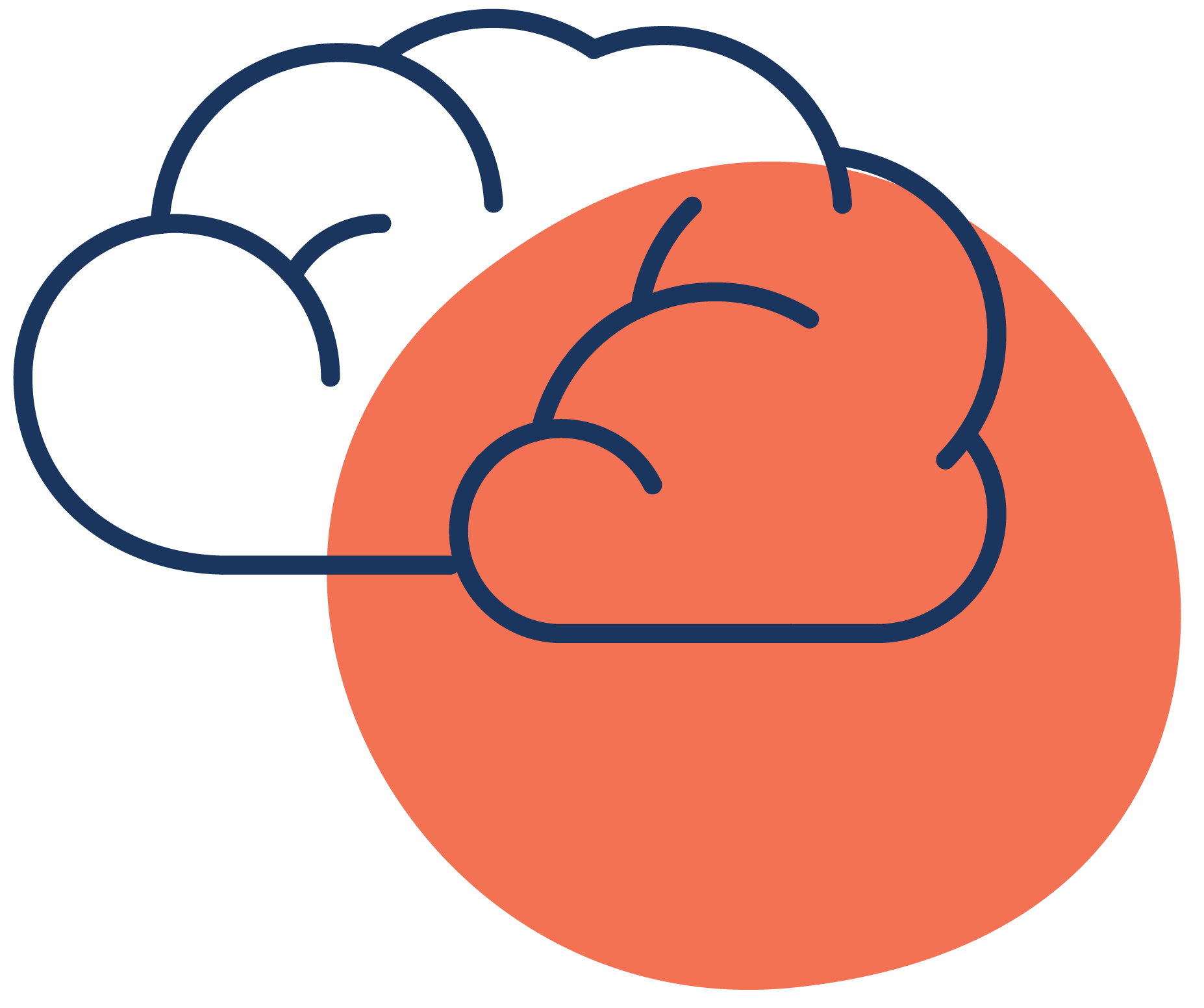
Module 3
Mindfulness
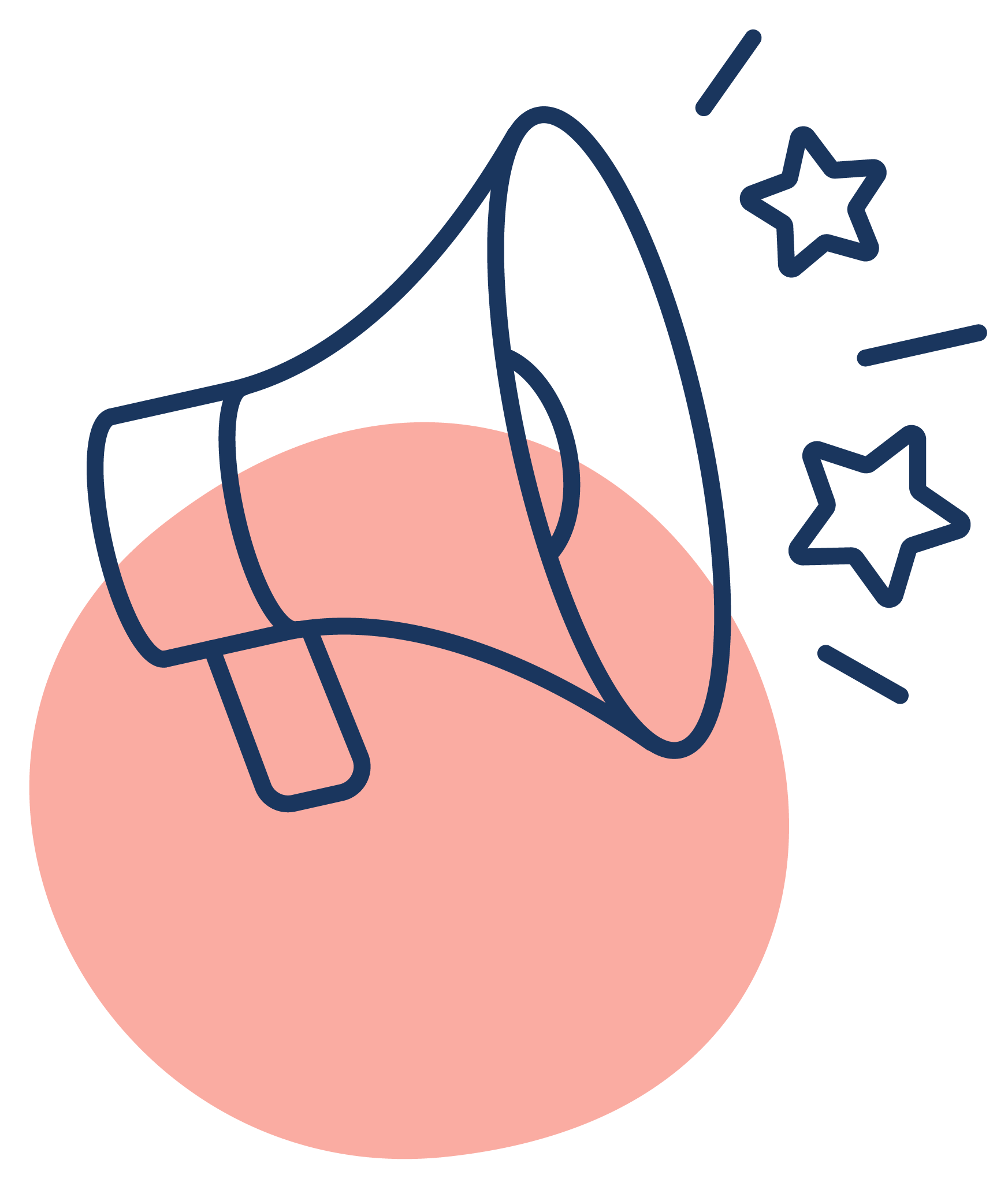
Module 4
Finding your compassionate voice

Module 5
Accepting our experiences
You have the freedom to choose how you'd like to experience the program:
- You can venture through it independently, at your own pace, cherishing moments of self-reflection and growth.
- If you feel more comfortable, you can embark on this journey with a trusted person by your side, whether it's a supportive friend, a caring family member, or a dedicated support worker.
- You can also engage in the program with the guidance of a trained healthcare professional. Their expertise can provide you with additional insights and personalized support, ensuring that your experience is tailored to your unique needs and circumstances.
Please note: ASPAA has not been piloted with Autistic people who have an intellectual disability, severe trauma background, psychotic disorder, recent self-harming ideation/behaviours or have recently changed/stopped therapy or medication. If this is you, we recommend you talk with a relevant healthcare provider before starting this program to see if it is right for you.
Your ASPAA Guides
Dr Ru Ying Cai
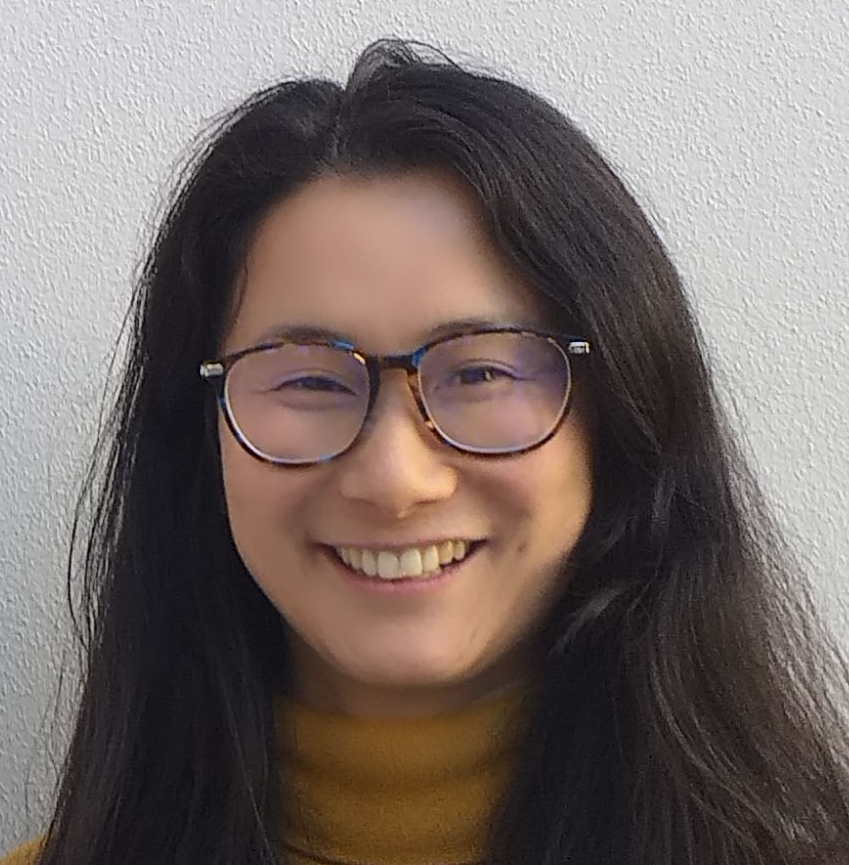
Ru is a Postdoctoral Researcher at Autism Spectrum Australia and a self-compassion practitioner and mentor. Ru is passionate about understanding and researching the person-specific and environmental factors that promote mental health and resilience in Autistic individuals and their parents/caregivers and translating the research knowledge into practical programs to improve the lives of Autistic individuals and their caregivers. Ru’s PhD thesis focused on examining the relationships between emotion regulation, intolerance of uncertainty, and mental health and well-being in Autistic youth and adults. Ru is also a Committee member of Different Journeys, a not-for-profit organisation that provides social platforms that connect Autistic youth and adults and their families in inclusive, safe and supportive environments in Victoria, Australia.
Dr Chris Edwards
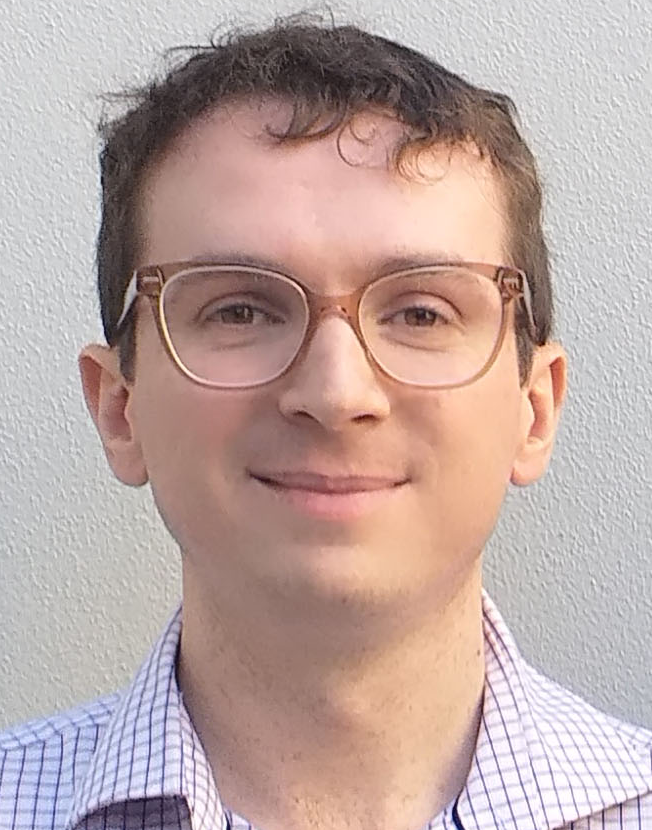
Chris is a Postdoctoral Researcher with Autism Spectrum Australia and Adjunct Research Fellow with the Menzies Health Institute Queensland (Griffith University) as part of the Inclusive Futures beacon. Chris is also an Executive Committee member of the Australasian Society for Autism Research (ASfAR) and Research Advisory Panel Member with Autism at ACU. Chris is Autistic, and has been supporting the Autistic community for over nine years through various roles. Chris’ PhD was completed through the Cooperative Research Centre for Living with Autism (Autism CRC) in 2019. His PhD thesis explored how teleconsultation could help provide professional development and support for school staff in rural and remote regions, supporting Autistic children with complex needs.

